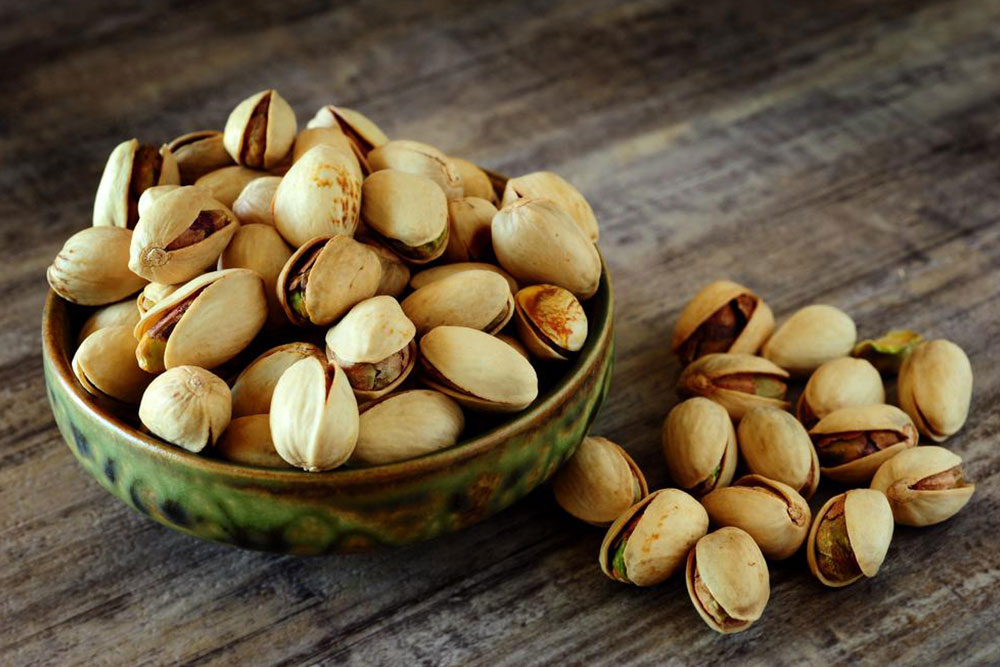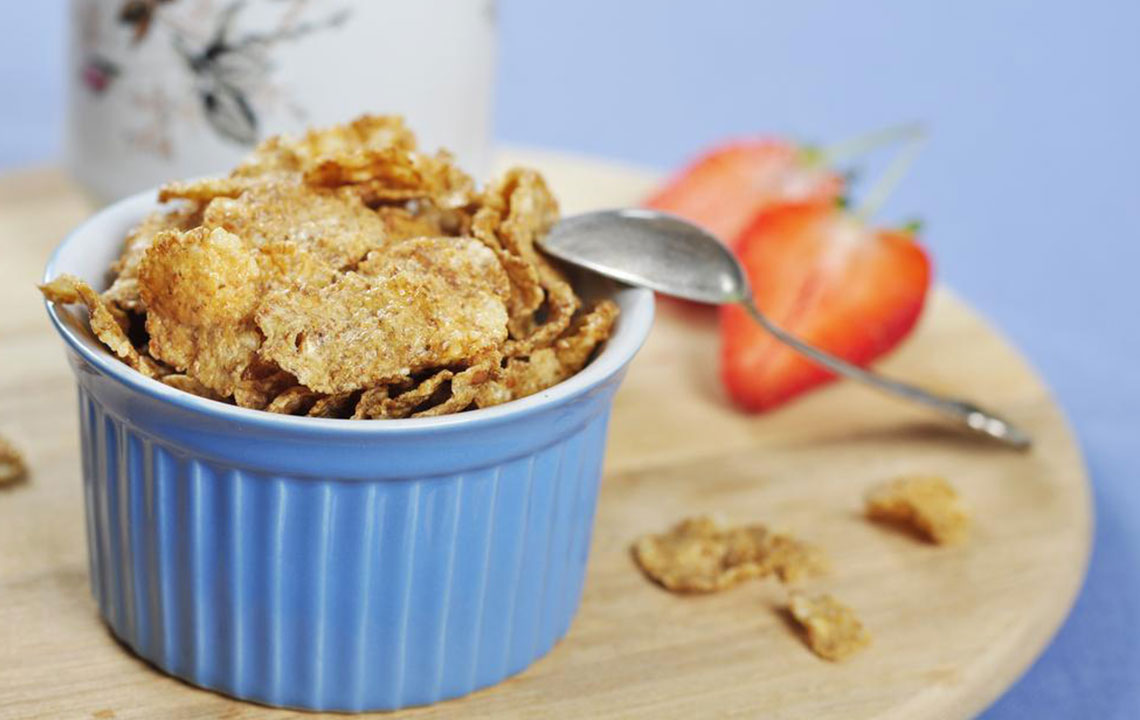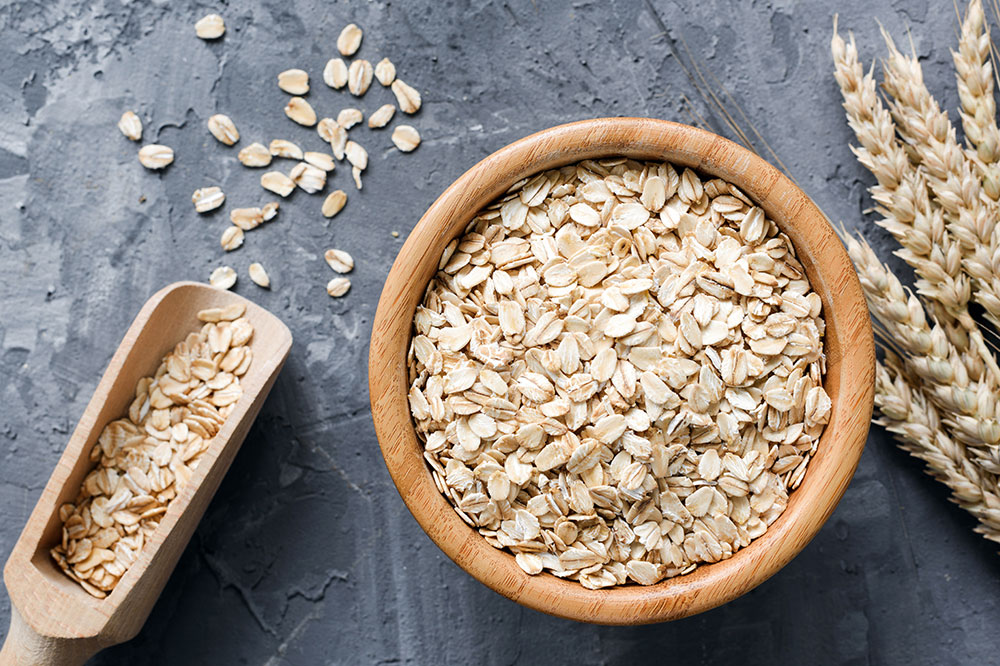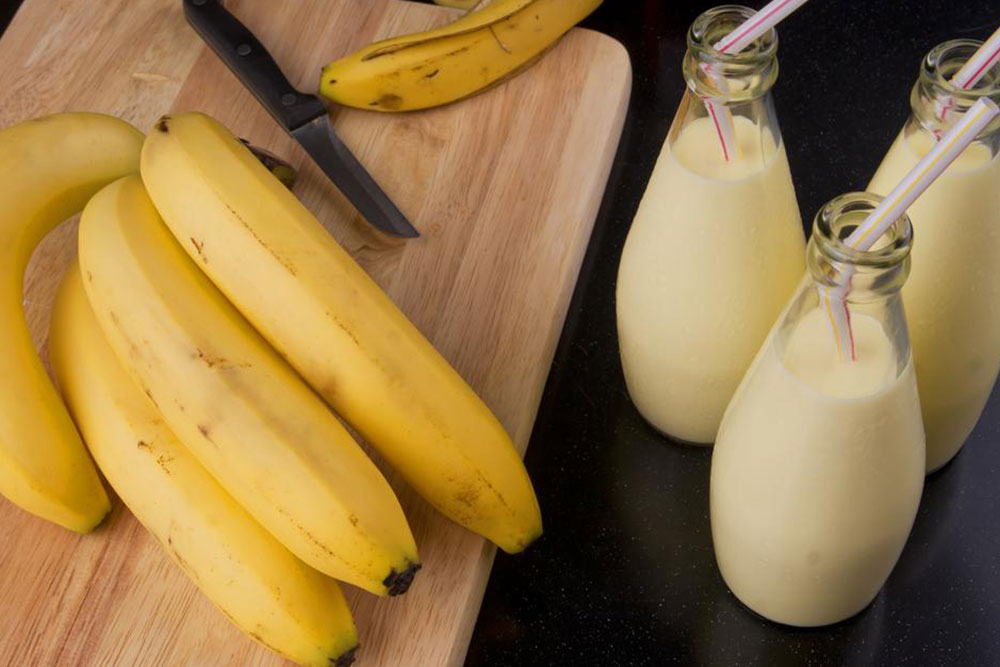Essential Guide to the Top 15 Potassium-Rich Foods for Better Health
Explore the top 15 foods rich in potassium that are essential for maintaining heart health, supporting muscle function, and boosting overall wellness. This comprehensive guide details nutrient-rich options like vegetables, legumes, fruits, and seafood, offering practical tips on incorporating them into your diet. Enhancing your potassium intake can lead to better hydration, lower blood pressure, and improved energy levels. Discover how to naturally boost your health with delicious and nutrient-dense foods that support your body's vital functions every day.

Essential Guide to the Top 15 Potassium-Rich Foods for Better Health
Potassium is a fundamental mineral vital to maintaining a healthy body. Ranking as the third most abundant mineral in the human body, potassium plays an indispensable role in regulating numerous physiological processes. As a key electrolyte, it helps control heart rhythms, supports proper muscle contraction, maintains fluid balance, and ensures optimal nerve function. Incorporating a diverse array of potassium-rich foods into your daily diet is an effective way to improve your overall health and prevent deficiencies that could lead to serious health issues. In this comprehensive guide, we will explore 15 of the most potent sources of dietary potassium, detailing their benefits and how to include them in your meals.
Beet greens
Just half a cup of cooked or raw beet greens can deliver approximately 664 mg of potassium. Not only are they rich in potassium, but they also contain a wealth of folate, antioxidants, and other nutrients that support cardiovascular health and immune function.
Tomato products
Tomato-based foods, such as sauces, purees, and juice, are excellent sources of potassium. A quarter cup of tomato puree provides around 664 mg, making it a flavorful way to boost your intake. Including tomato products in your soups, stews, and spreads can enhance both nutrition and taste.
Tomato juice is another excellent source, containing over 400 mg of potassium per serving, contributing to your daily mineral needs.
Legumes
Leguminous vegetables such as kidney beans, lima beans, lentils, and split peas are among the top plant-based sources of potassium. A half-cup serving can provide nearly 600 mg of potassium, supporting heart health, reducing blood pressure, and supplying dietary fiber for digestive health.
Sweet potatoes
Sweet potatoes are not only delicious but also nutrient-dense. A medium-sized sweet potato packs about 694 mg of potassium with only 131 calories. Their versatility allows them to be baked, mashed, or roasted, making them a popular choice for a nutritious meal component.
Clams
Consuming a 3-ounce can of clams provides approximately 534 mg of potassium and is a rich source of vitamin B12. Clams can enhance pasta dishes or be used in hearty chowders, adding both flavor and nutritional value.
Carrots
Commonly known for supporting eye health, carrots also contribute a substantial amount of potassium. A single serving contains over 500 mg, making them a convenient snack or salad addition.
Prunes
3/4 cup of prunes supplies about 530 mg of potassium. Prunes are also beneficial for maintaining strong bones, aiding digestion, and preventing constipation due to their fiber content.
Yogurt
An 8-ounce serving of plain, unsweetened yogurt supplies around 550 mg of potassium. Yogurt can serve as a healthy snack or a creamy addition to smoothies, parfaits, or salads, and it contributes to gut health thanks to probiotics.
Kale
A true superfood, kale is bursting with potassium, vitamin A, C, calcium, and magnesium. Incorporating kale into salads, smoothies, or sautéed dishes can significantly boost your nutrient intake.
Avocados
One serving of ripe avocado delivers approximately 485 mg of potassium, alongside heart-healthy monounsaturated fats. Adding avocado slices to sandwiches, salads, or spreads can enhance both taste and health benefits.
Salmon
Particularly Alaskan salmon, provides around 460 mg of potassium per serving. Salmon is renowned for supporting cardiovascular health due to its omega-3 fatty acids, making it a nutritious seafood choice.
Spinach
With about 466 mg of potassium per serving, spinach is a nutrient-dense leafy green. Rich in vitamins, minerals, and fiber, spinach can be included in salads, smoothies, or cooked dishes.
Molasses
A tablespoon of blackstrap molasses offers roughly 500 mg of potassium, along with iron and calcium. It can be used as a natural sweetener in baking or as a topping for oatmeal and toast.
Soybeans
Unprocessed soybeans contain about 500 mg of potassium per half-cup and are a complete protein source. Including soy products like tofu or edamame can support muscle health and provide plant-based protein.
Bananas
Arguably the most well-known potassium source, a single banana provides about 400 mg. Bananas are convenient, portable, and a natural energy booster, ideal for maintaining electrolyte balance during physical activity.
Incorporating these foods into your daily diet can significantly enhance your potassium intake, supporting your overall health. Remember to balance potassium-rich foods with other essential nutrients and maintain a diverse diet for optimal wellness. Whether through colorful vegetables, wholesome legumes, or tasty seafood, embracing a variety of potassium sources can help prevent deficiencies, maintain healthy blood pressure, and promote optimal bodily functions.





